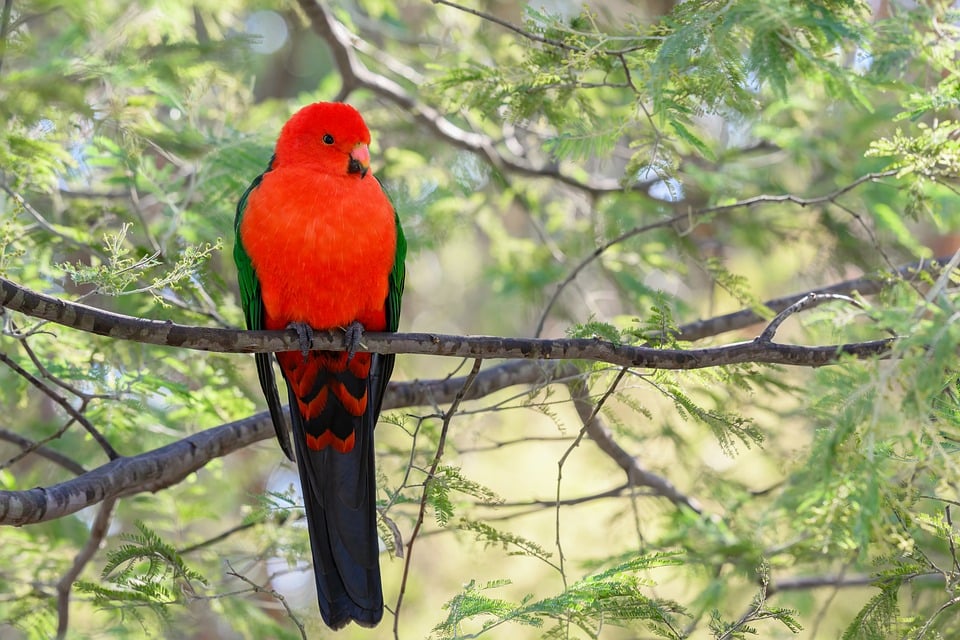In a world filled with uncertainty and unpredictability, many people turn to superstitions to bring a sense of control and comfort into their lives. From carrying a lucky charm to performing a ritual before an important event, superstitions have long been a part of human culture and behavior. In this article, we will explore the fascinating world of lucky charms and rituals, delving into how they impact our thoughts and actions.
The Historical Context of Superstitions
Superstitions have been around for centuries, with roots in ancient beliefs and traditions. Various cultures throughout history have placed importance on lucky charms and rituals for protection, prosperity, and success. In ancient Egypt, people believed in the power of amulets to ward off evil spirits, while in ancient China, certain rituals were performed to bring good fortune and luck.
Key Points:
– Superstitions have cultural significance and vary across different societies.
– Historical artifacts and writings provide insight into the importance of superstitions in ancient civilizations.
– Superstitions often stem from a desire to control outcomes and reduce anxiety in uncertain situations.
The Current State of Superstitions
In the modern world, superstitions continue to play a significant role in people’s lives, albeit in different forms. While some superstitions have faded away with time, new ones have emerged to take their place. The prevalence of lucky charms, rituals, and beliefs in luck is evident in various aspects of society, from sports to business to personal relationships.
Key Points:
– Lucky charms and rituals are still widely used in today’s world, despite advancements in science and technology.
– Superstitions can provide a sense of control and comfort in an increasingly complex world.
– The commercialization of superstitions has led to the creation of a multi-billion dollar industry centered around lucky charms and rituals.
The Future of Superstitions
As society continues to evolve, so too will superstitions and beliefs in luck. With the rise of social media and global connectivity, superstitions are now shared and reinforced on a larger scale than ever before. It is likely that superstitions will continue to be a part of human behavior for years to come, shaping our thoughts and actions in ways we may not even realize.
Key Points:
– Superstitions are adaptable and evolve with changing societal norms.
– Technology and social media play a role in the perpetuation of superstitions in the modern age.
– Research in psychology and neuroscience sheds light on the cognitive mechanisms behind superstitious beliefs.
Conclusion
In conclusion, lucky charms and rituals have a profound impact on our thoughts and actions, whether we are conscious of it or not. Superstitions provide a sense of control and comfort in a world filled with uncertainties, serving as a psychological crutch for many individuals. As we continue to navigate the complexities of modern life, it is essential to recognize the influence of superstitions on our behavior and decision-making processes.
Thank you for taking the time to explore the world of lucky charms and rituals with us. For further reading on this topic, we recommend delving into academic studies on superstitions and cognitive biases, as well as exploring personal anecdotes and case studies that highlight the real-world effects of superstitious beliefs. Best of luck in your own journey to understand the role of superstitions in shaping human behavior.
